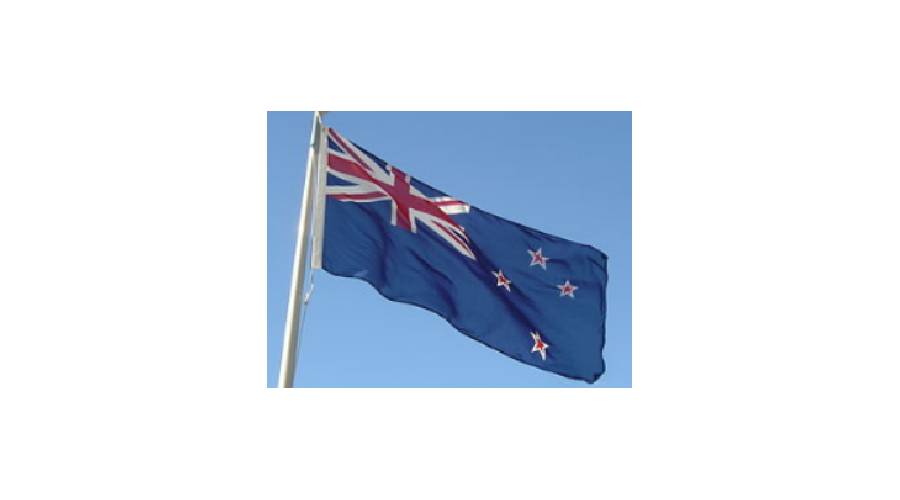29 June 2022
New Zealand from tomorrow will have a new Ministry for disabled people and how I dearly wish the same could be the same in the Solomon Islands.
Quoting the news from Radio New Zealand today, Thursday.
More work is needed to understand the cost of nationally rolling out a new approach to disability support, Minister for Disability Issues Poto Williams says.
On Friday the new Ministry for Disabled People will be officially established, taking over funding and management of disability services from the health and other departments which have handled it so far.
It will be the first such government department of any comparable country, and is the result of more than 40 years of campaigning from advocates.
The ministry promises to provide a single point of contact for disabled people on support services and reducing barriers, as well as tackling accessibility legislation and handling support services.
All this, while embodying the "nothing about us without us" approach, which aims to ensure disabled people are part of the decision-making processes that affect them.
Minister of Disability Issues Poto Williams took over the portfolio a fortnight ago, and this morning she told the Social Services and Community Select Committee
while the government had talked about that attitude for years, it had never really been enacted.
"We are able to work alongside disabled people so that they can actually have a strong voice in government about issues that concern and are about them, they have a real voice now which is exciting.
About $2 billion had been allocated for the ministry, including a $735m increase in this year's Budget to handle increased demand and costs for disability support services, she said.
However, more work would be needed to assess the ongoing costs rolling out the Enabling Good Lives (EGL) programme across New Zealand.
"The Enabling Good Lives component of this gives us an opportunity to really start building the scaffold to allow us to then have the rollout," she said.
"So there's a piece of work that needs to happen beforehand and that has to be supported by the evidence of how it's been working and giving a consistency across the country as well."
EGL, which is modelled on the Whānau Ora approach and gives disabled people and families more control over how funding is allocated, has been trialled in Christchurch, Waikato, and the mid-Central region since 2012.
Williams said disability support services had always been required to seek funding.
"What we're hoping the ministry will be able to establish is a much clearer view on what is required to fund the service going forward, but that will require a bit of work."
It would take time but she and the new ministry were clear in what it would mean for disabled people into the future, she said.
"This has been a piece of work that has been a while in the making, there are some big expectations within the community for this and we want to make sure we get it absolutely right."
Williams said the new ministry would also be looking into the payments for respite care.
"It'll be a piece of work that the new ministry will definitely have alongside our community of disabled people ... we know that Covid added an element of particular concern for respite and the work that is done with the DPOs (disabled people's organisations) to support the whānau to care for them.
"This is not the end of the journey, it is definitely a start of a discussion not just around respite but around many of the other issues."
End of quote.
Copyight @ 2022, Radio New Zealand.
Yours sincerely
Frank Short



